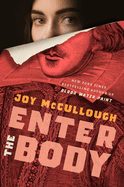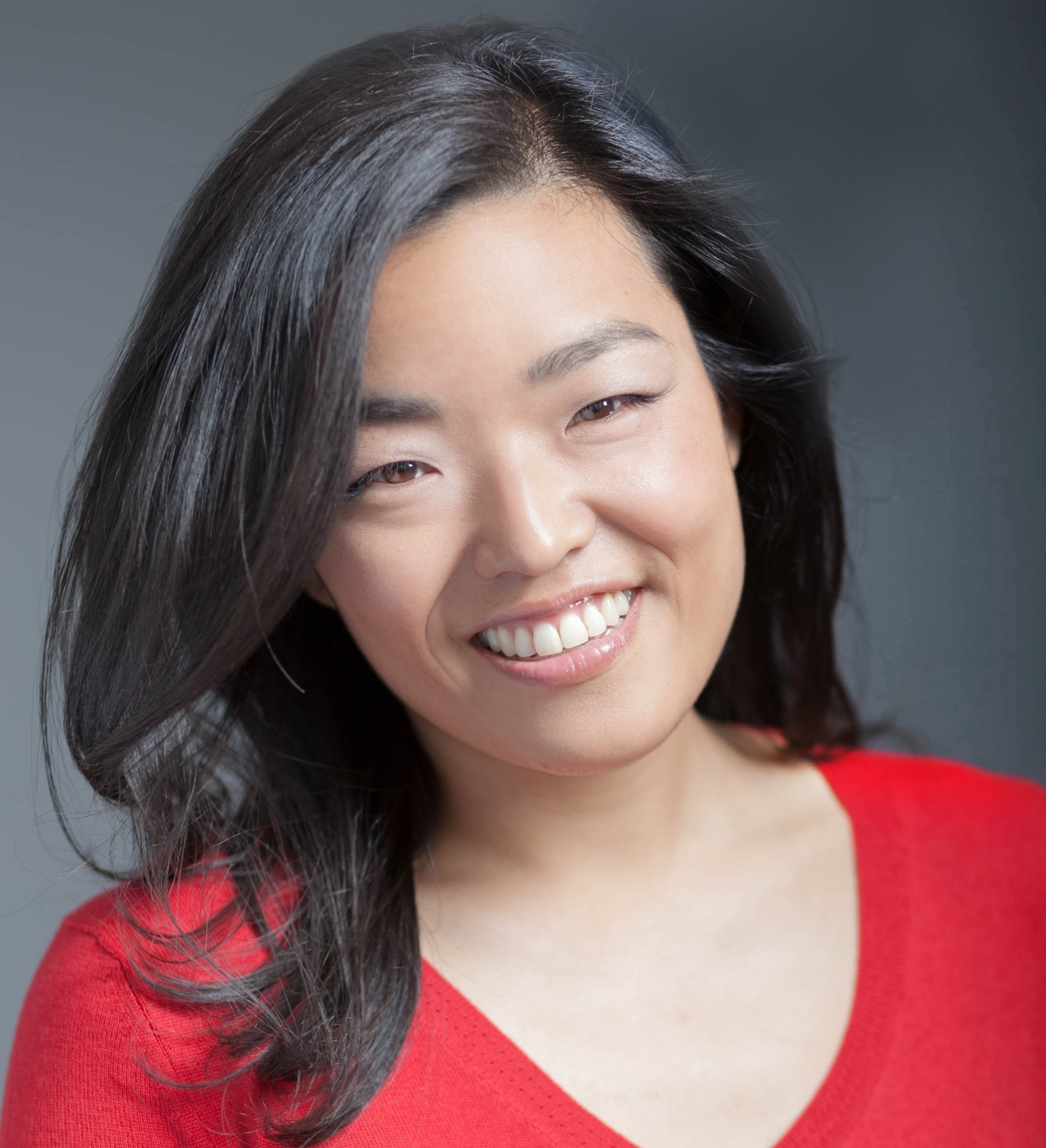 |
| photo: Ars Magna |
Patricia Park is the author of Re Jane, a Korean American reimagining of Charlotte Brontë's Jane Eyre. A former Fulbright scholar, Edith Wharton Writer-in-Residence and Jerome Hill Artist Fellow, Park has written for the New York Times, the New Yorker, the Guardian and others. She is a professor of fiction at American University and lives in Brooklyn, N.Y. Her second novel, Imposter Syndrome and Other Confessions of Alejandra Kim, will be published by Crown Books for Young Readers on February 21, 2023.
Handsell readers your book in 25 words or less:
Imposter Syndrome and Other Confessions of Alejandra Kim is a funny YA novel about a girl navigating identity politics and "performative wokeness" while vying for her dream college.
On your nightstand now:
My semester just ended, so I have a small window where I can read for pleasure! Here's my stack:
Roses, in the Mouth of the Lion by Bushra Rehman. It's a queer coming-of-age about a Pakistani American girl from Corona, Queens. Bushra comes from the spoken-word tradition, so her prose is gorgeously poetic.
Brown Girls by Daphne Palasi Andreades. An English professor at CUNY Queens College recommended this to me, so I can't wait to start reading. As a native Queensite, I'm all about the Queens stories!
Olga Dies Dreaming by Xochitl Gonzalez. But sometimes I cheat on my native borough with books about Brooklyn. Olga articulated my ambivalent feelings about gentrification and code-switching from NYC outer-borough-shorthand to polished academic-speak.
The Book of Goose by Yiyun Li. I just went down the Yiyun Li rabbit hole; I interviewed her for her PEN Malamud Award ceremony at American University. She is a master storyteller, and Goose gave me all kinds of Elena Ferrante vibes.
Vinyl Moon by Mahogany L. Browne. I love YA novels-in-verse, and Mahogany is a master of the form.
Favorite book when you were a child:
The Dollhouse Murders by Betty Ren Wright. Once upon a time, a girl finds a charming old dollhouse in the attic. All's well until... the dolls come to life and start acting out their murders! This novel was creepy AF and still haunts my dreams.
Your top five authors:
I like writers who use humor to undercut weighty issues--which is what I try to do in my work. These are some writers who influenced me: Kurt Vonnegut (he speaks hard to my inner Bronx Science nerd), Gish Jen, Sherman Alexie and Jane Austen. As a Jane Eyre head, I should also include Charlotte Brontë, but most of her other novels are so heavily in French that it's all Greek to me.
Book you've faked reading:
The Bible. (Sorry!)
This question reminds me of this cruel parlor game called Humiliations where a bunch of English professors go around and confess books from the canon they've never actually read. It's from David Lodge's novel Changing Places. It's all fun and games until one guy admits Hamlet(!), and all the other profs give him the stink-eye and deny him tenure.
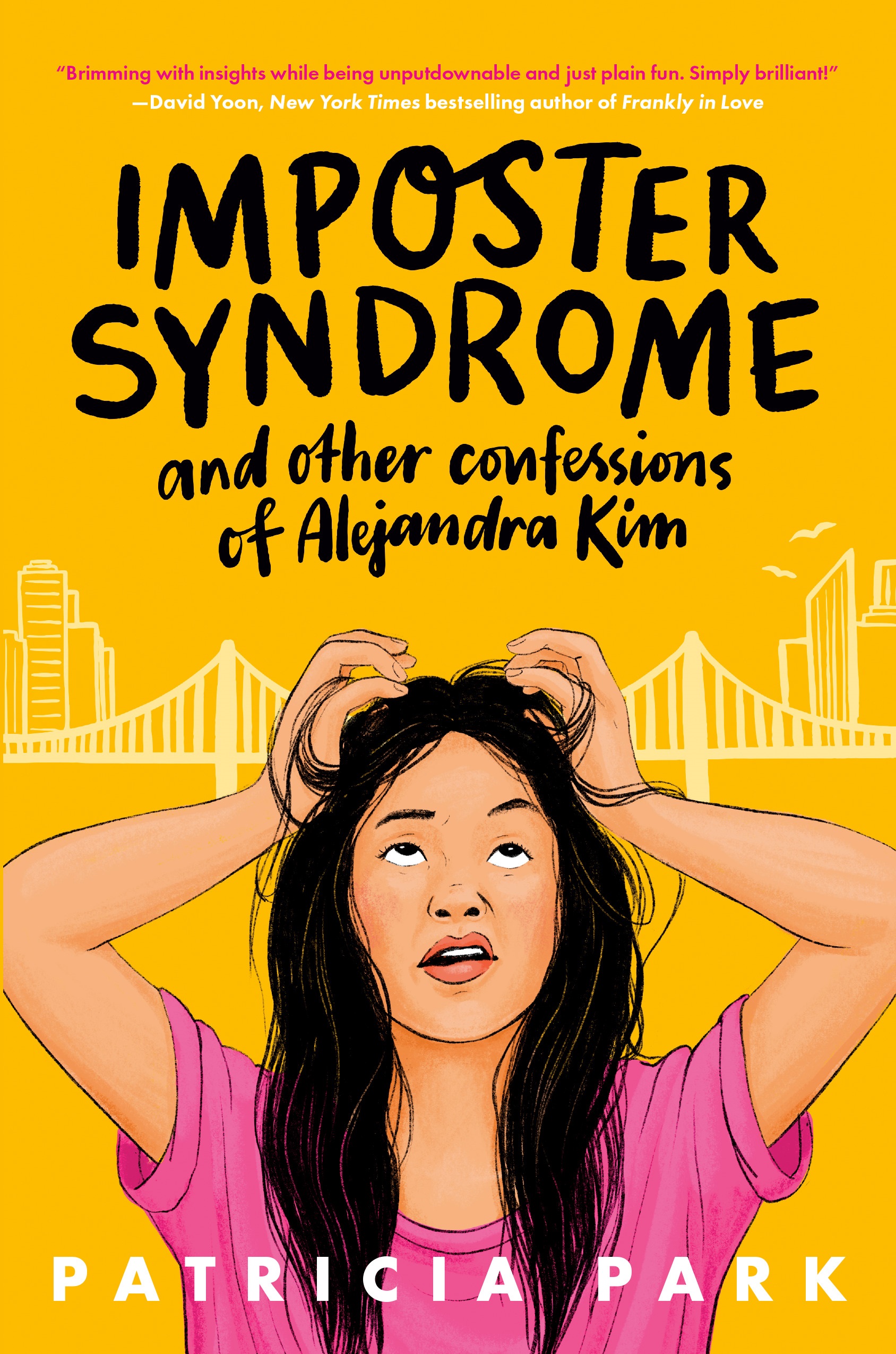 Book you're an evangelist for:
Book you're an evangelist for:
Frankly in Love by David Yoon. Where was this book when I was a teen? Frankly took away some of the pain I didn't even know I was still carrying around in my heart. I felt so seen, even now as an adult.
Book you've bought for the cover:
Prep by Curtis Sittenfeld. C'mon, pink grosgrain belts!
Book you hid from your parents:
Charles Bukowski's Women. That book, which was filled with all kinds of lecherous sexual affairs, cast me into despair as a teen. It kept making me think, "Do only dirty old womanizing men get to become 'real' writers?"
Book that changed your life:
Jane Eyre by Charlotte Brontë. Jane is the ultimate underdog, yet she finds a way to not only survive--but to thrive. She's such a badass. Eyreheads unite!
Favorite line from a book:
"Do you think, because I'm poor, obscure, plain, and little, that I am soulless and heartless? You think wrong!"
(See above.)
Five books you'll never part with:
I also read a lot of craft books, both for my own practice and for teaching my students. These books are indispensable to me:
What If? Writing Exercises for Fiction Writers by Anne Bernays and Pamela Painter.
Master Class in Fiction Writing: Techniques from Austen, Hemingway, and Other Greats: Lessons from the All-Star Writer's Workshop by Adam Sexton.
Naming the World and Other Exercises for the Creative Writer, edited by Bret Anthony Johnston.
Dreyer's English by Benjamin Dreyer. Any work that manages to be both funny and deliver vital grammar info gets an A+ in my book.
And Fervor de Buenos Aires by Jorge Luis Borges. These poems transport me right to Argentina, where I did research for the Papi character in Imposter Syndrome.
Book you most want to read again for the first time:
Letters to a Young Poet by Rainer Maria Rilke. I read it when I was a dreamy teen poet, and Rilke's advice knocked some sense into me and brought me to reality. I think about this work a lot now as a professor of creative writing--how do we encourage young aspiring writers, while showing them the discipline they need to hone their craft? It's a balancing act, for sure.
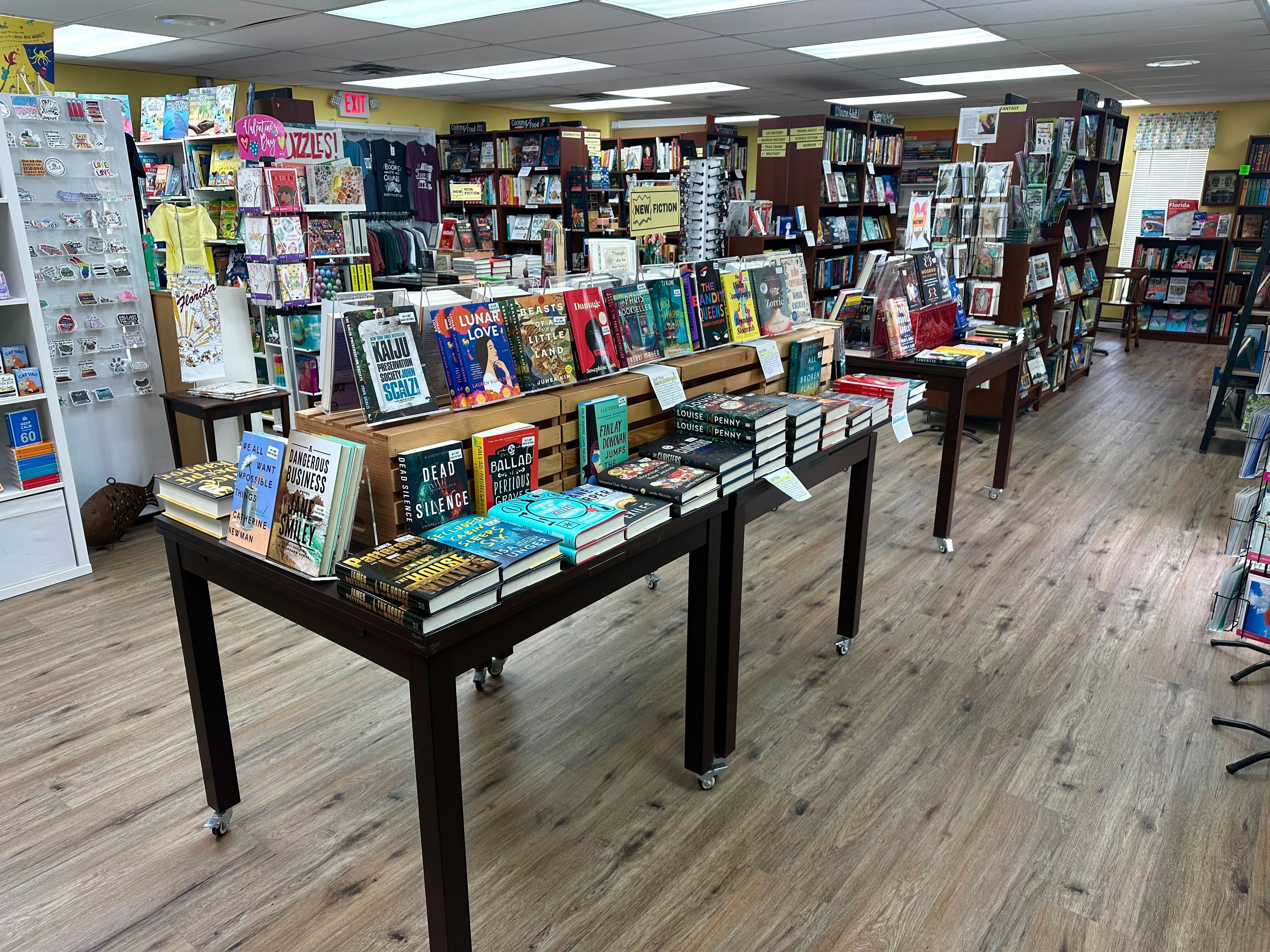 Copperfish Books in Punta Gorda, Fla., which recently celebrated its 10th anniversary, has been put up for sale by co-owners Cathy Graham and Serena Wyckoff, who said that although they love the store, their team and their customers, the time has come for them to move on to new adventures.
Copperfish Books in Punta Gorda, Fla., which recently celebrated its 10th anniversary, has been put up for sale by co-owners Cathy Graham and Serena Wyckoff, who said that although they love the store, their team and their customers, the time has come for them to move on to new adventures.








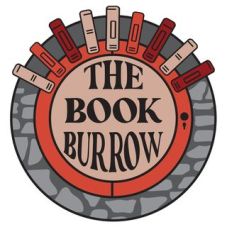 The Book Burrow
The Book Burrow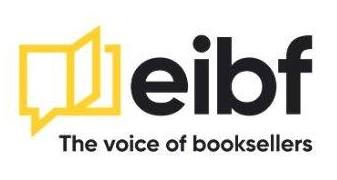 On January 23, representatives of several European & International Booksellers Federation member organizations gathered online for
On January 23, representatives of several European & International Booksellers Federation member organizations gathered online for _wikipedia_021423.jpg)
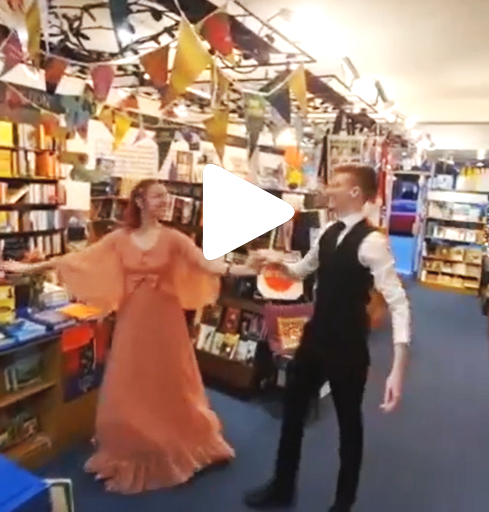
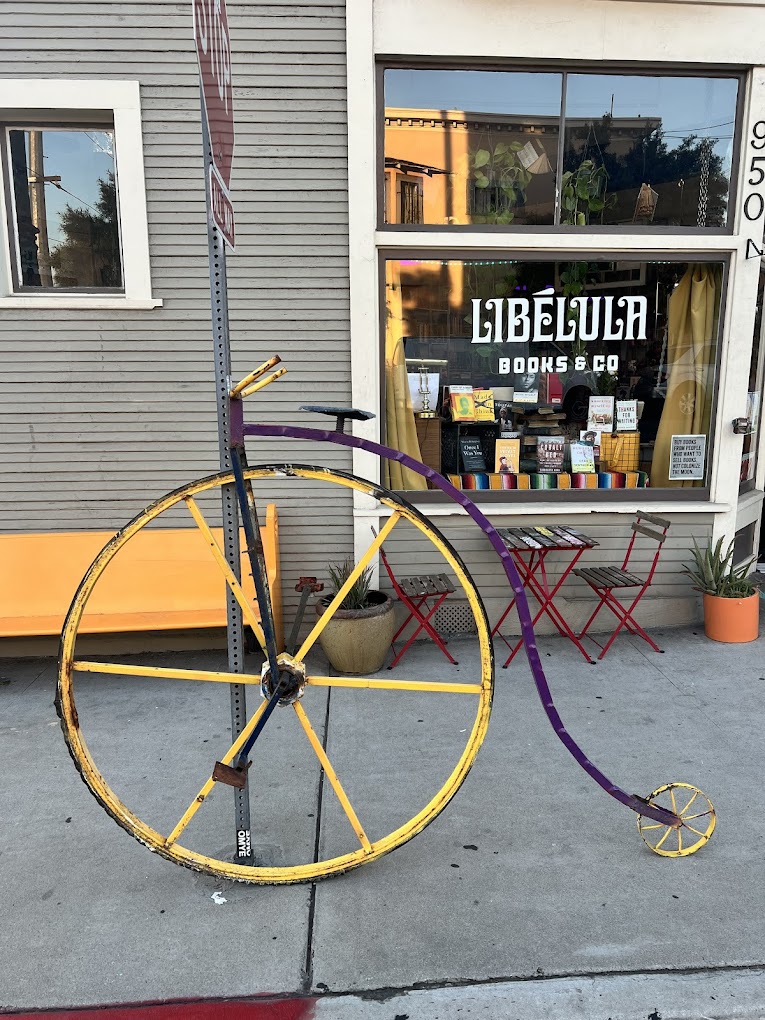 Jesi Gutierrez and Celi Hernandez, co-founders of
Jesi Gutierrez and Celi Hernandez, co-founders of 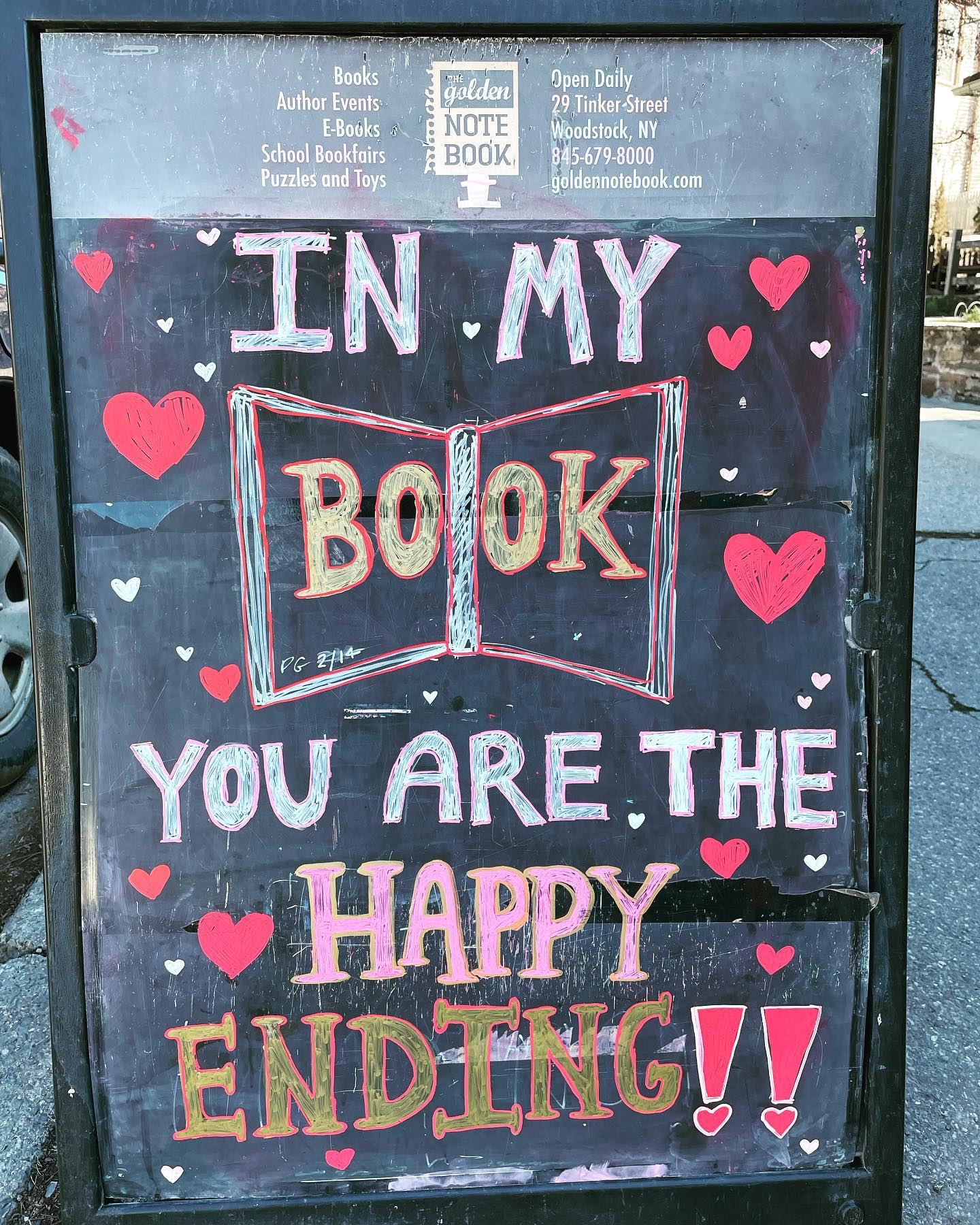
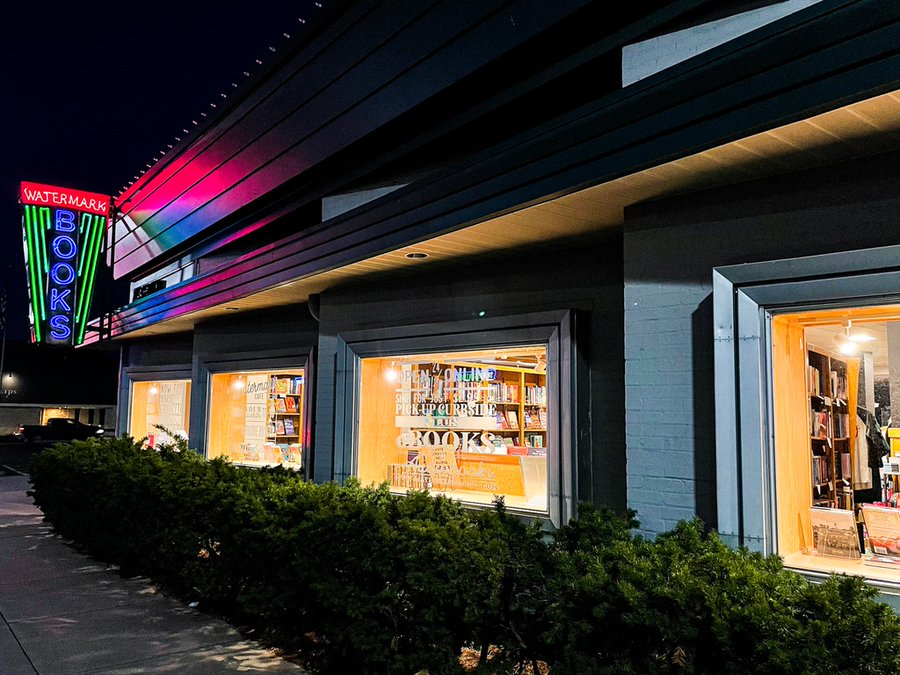
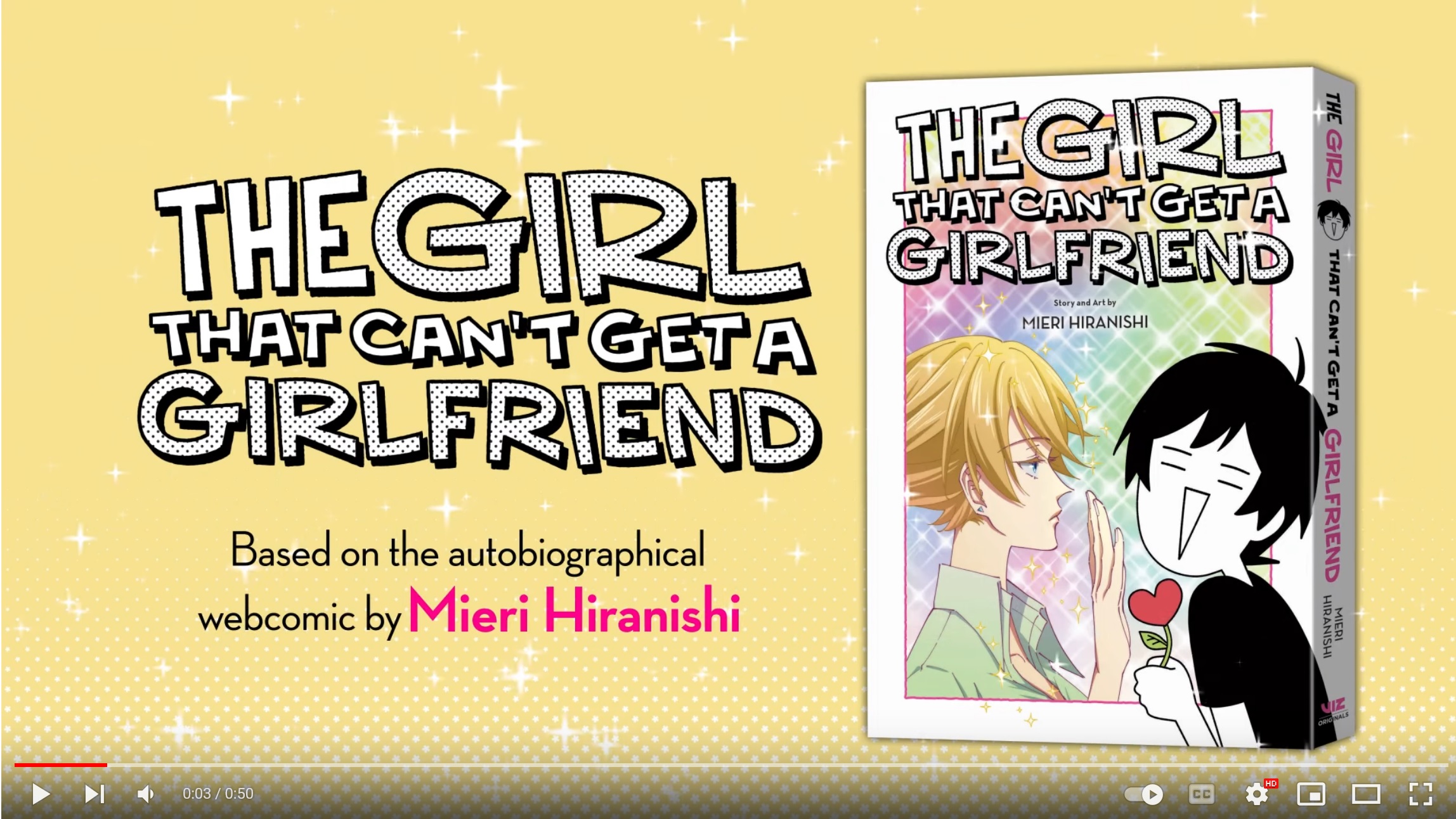 The Girl That Can't Get a Girlfriend
The Girl That Can't Get a Girlfriend
 Book you're an evangelist for:
Book you're an evangelist for: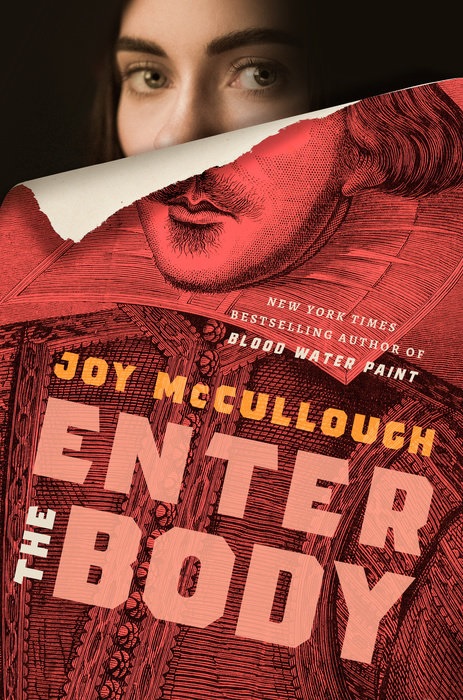 Joy McCullough (
Joy McCullough (